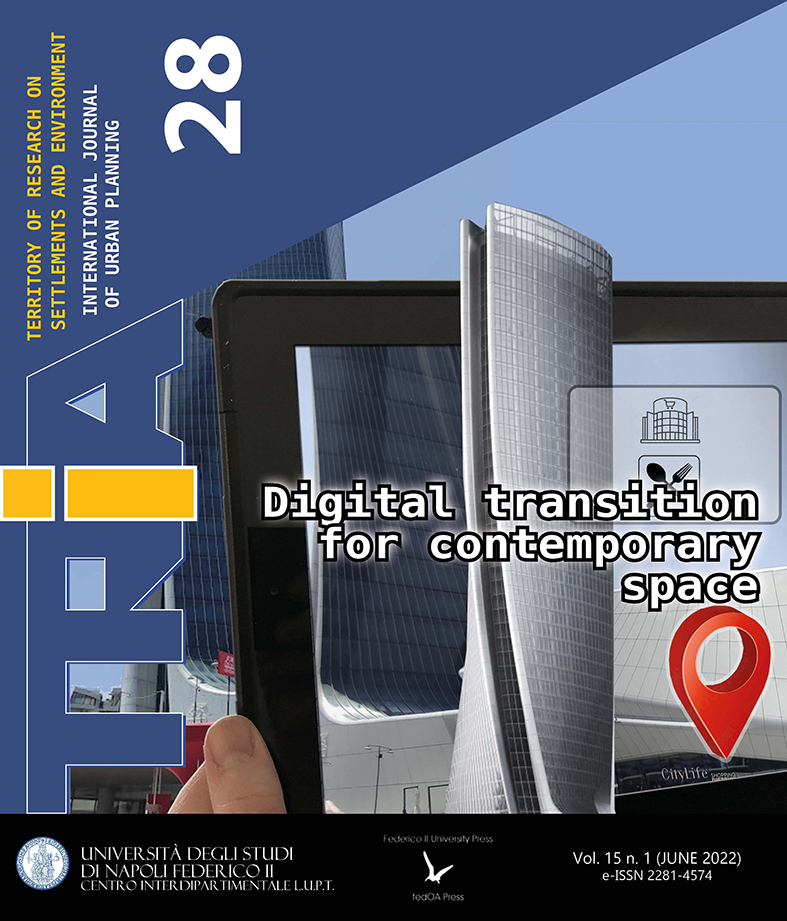Playing String Figures with Wifi in Motown: Deployment and Maintenance of MESH Networks in Detroit
DOI:
https://doi.org/10.6093/2281-4574/9255Abstract
The paper examines, with a distinctive approach, the socio-urbanist impacts MESH wireless community networks had in the city of Detroit (USA). While relying on a comparison between theses local participatory communication networks and the notion of inverse infrastructures, both analysed through the prism of multiple authors working on the question of bonds, we want to understand why such infrastructural commons, in their construction and in their maintenance, can pave the way for a more ethical, open, sustainable and inclusive “digital urban future”. Also, we will demonstrate throughout the article that the very form these networks take in Detroit — decentralized and peer-to-peer — and the reasons why people install them have an impact on the city and on the way solidarities emerge. We shall also analyse the future Detroit may contemplate, miles away from the industrial visions the city convoked decades ago. We aim to understand how MESH networks, although wireless, weave social bonds between Detroit inhabitants thus outlining the contours of a “becoming-with each other” (Haraway, 2020).
Downloads
Downloads
Published
Issue
Section
License
Gli autori che pubblicano su questa rivista accettano le seguenti condizioni:- Gli autori mantengono i diritti sulla loro opera e cedono alla rivista il diritto di prima pubblicazione dell'opera, contemporaneamente licenziata sotto una Licenza Creative Commons - Attribuzione che permette ad altri di condividere l'opera indicando la paternità intellettuale e la prima pubblicazione su questa rivista.
- Gli autori possono aderire ad altri accordi di licenza non esclusiva per la distribuzione della versione dell'opera pubblicata (es. depositarla in un archivio istituzionale o pubblicarla in una monografia), a patto di indicare che la prima pubblicazione è avvenuta su questa rivista.
- Gli autori possono diffondere la loro opera online (es. in repository istituzionali o nel loro sito web) prima e durante il processo di submission, poiché può portare a scambi produttivi e aumentare le citazioni dell'opera pubblicata (Vedi The Effect of Open Access).


